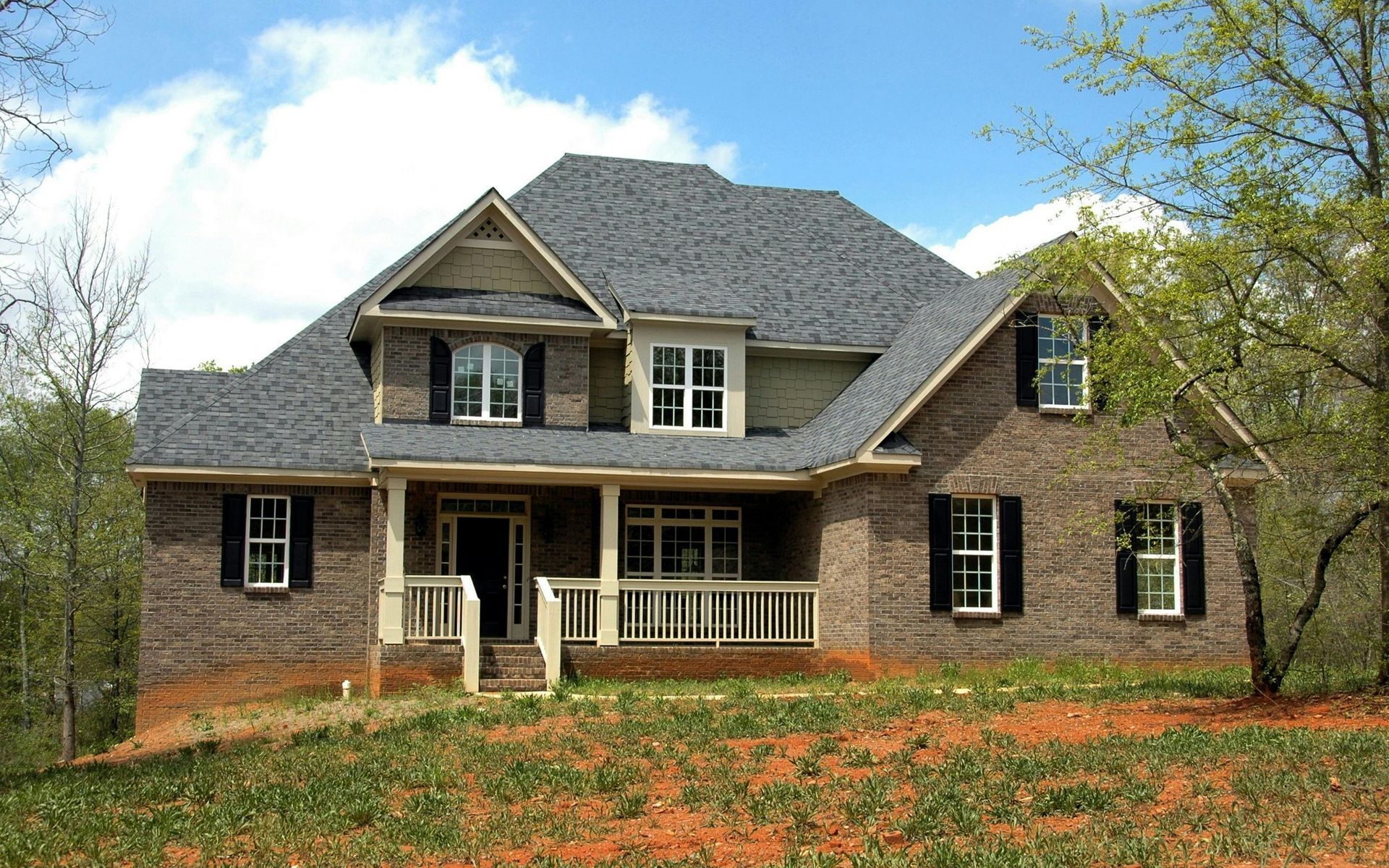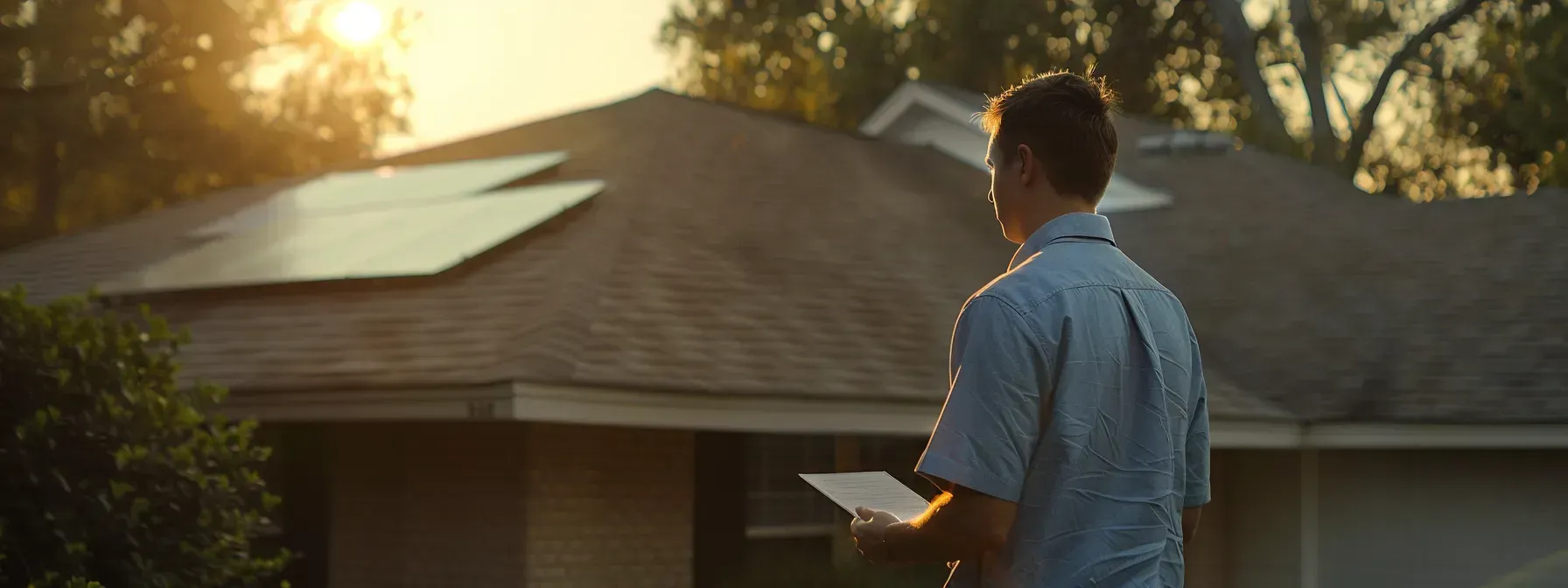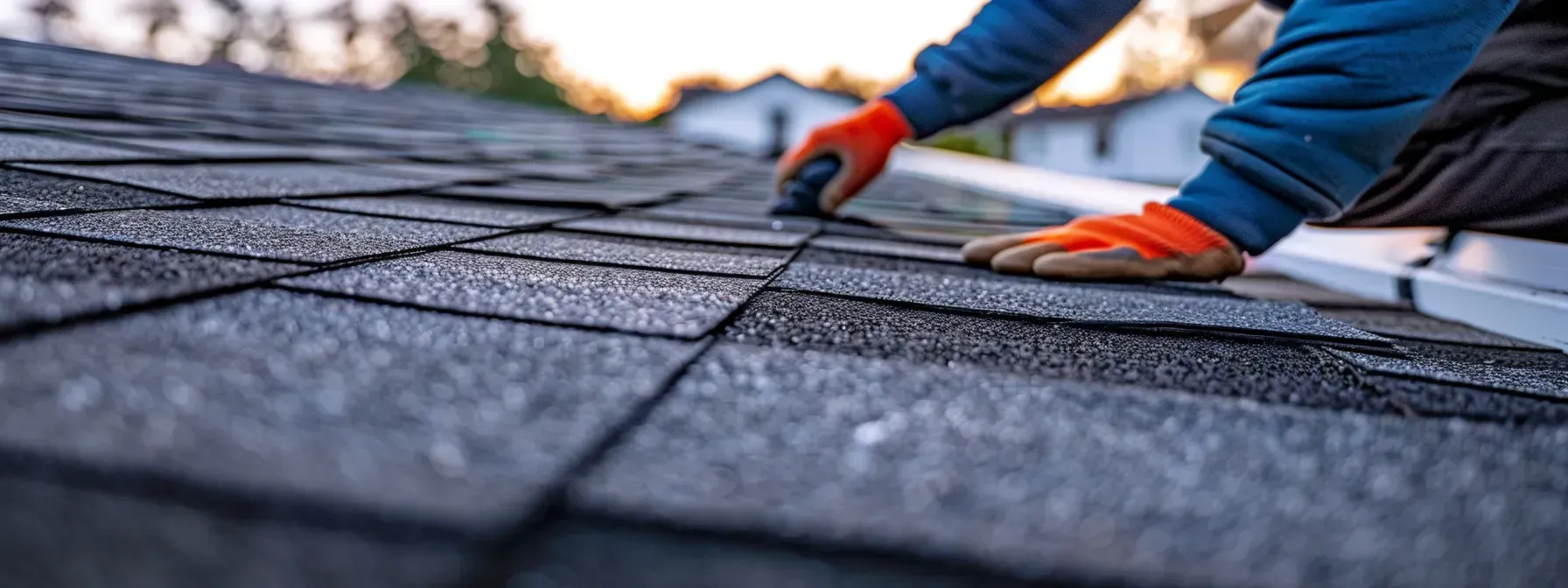Roofing Shingles vs Metal
When considering roofing options, homeowners often face the choice between shingles and metal roofing. Metal roofs are known for their durability and long lifespan, making them an appealing choice for those in Tuscaloosa, Alabama. On the other hand, traditional shingles offer a variety of styles and are often more cost-effective, which can make them an attractive option for budget-conscious consumers.
Selecting the right roofing company is just as crucial as the materials chosen. In Tuscaloosa, we find several reputable roofing contractors who can guide us through the decision-making process, ensuring we select a roof that meets our needs and fits our budget. With expert advice, we can make informed choices that enhance the value and longevity of our homes.

Key Takeaways
- Metal roofing provides exceptional durability compared to traditional shingles.
- Shingle roofing offers versatility and lower initial costs.
- Local roofing companies can help us navigate our options effectively.
Roofing Shingles Overview
Roofing shingles are a popular choice for many homeowners due to their variety, durability, and cost-effectiveness. In this section, we will explore the materials used in shingles, their aesthetic appeal, the installation process, cost considerations, and maintenance requirements.
Materials and Durability
Roofing shingles are primarily made from asphalt, wood, metal, or fiberglass. Asphalt shingles are the most common choice, known for their resilience and affordability. They generally last between 15 to 30 years, depending on the quality and installation.
Wood shingles offer a natural look and can last up to 50 years but require more maintenance. Metal shingles are becoming increasingly popular for their durability, lasting over 50 years, and resistance to extreme weather conditions.
In choosing shingles, we must consider factors such as local climate and the specific needs of our roofing structure to ensure long-lasting protection.
Aesthetic Appeal
Shingles come in a variety of styles, colors, and textures, allowing homeowners to personalize their roofing look. Asphalt shingles can be found in shades that mimic slate or wood, providing versatility in aesthetic choices.
Wood shingles, with their natural grain, give a rustic appearance but can fade over time if not properly maintained. Metal shingles can be designed to resemble traditional shingles, offering a modern look without compromising durability.
We can choose shingles that complement our home’s architecture, enhancing curb appeal while also meeting our functional needs.
Installation Process
The installation process for shingles typically begins with preparing the roof deck, ensuring it is clean and free of debris. Then, we install underlayment for added protection against moisture.
Next, shingles are laid starting from the bottom edge and overlapping as we move upward. Proper installation techniques are crucial for avoiding leaks and achieving maximum durability.
Depending on the material, installation may vary slightly. For example, wood shingles require additional ventilation to prevent moisture buildup.
Hiring experienced professionals can make a significant difference in the longevity and effectiveness of the installation.
Cost Considerations
The cost of roofing shingles can vary widely based on material and local labor costs. Asphalt shingles are generally the most affordable, averaging between $3 to $5 per square foot.
Wood shingles typically range from $6 to $12 per square foot, while metal shingles can go as high as $7 to $15 per square foot.
In addition to material costs, we must consider labor, which can range from $1 to $4 per square foot. Budgeting for additional costs such as insulation, ventilation, and removal of old roofing materials is also important when planning.
Maintenance and Longevity
Maintaining roofing shingles is essential for their longevity. Asphalt shingles require minimal maintenance, though inspections for curling or missing shingles should be regular.
Wood shingles need periodic treatments to protect against rot and insects, while metal shingles may require cleaning to prevent rust and corrosion.
We recommend conducting annual inspections, especially after severe weather, to identify any potential issues early on. By investing time in maintenance, we can extend the lifespan of our roofing shingles significantly.
Metal Roofing Advantages
Metal roofing offers a range of benefits that can significantly enhance our homes. From energy efficiency to longevity, metal roofs are an attractive option for many homeowners.
Energy Efficiency
Metal roofing reflects solar radiant heat, which helps keep our homes cooler during hot months. This feature can reduce cooling costs by 10-25%. Additionally, many metal roofs are installed with proper insulation, contributing to energy savings in colder months as well. When we choose metal roofs, we not only increase comfort but also lower utility bills.
Weather Resistance
Metal roofs are exceptionally durable and designed to withstand extreme weather conditions. They resist rain, hail, snow, and high winds, reducing the chances of leaks and water damage. In regions prone to severe weather, the resilience of metal roofing proves invaluable. Their ability to shed snow and ice also decreases the risk of ice dams, further protecting our homes.
Lifespan and Warranty
One of the standout features of metal roofing is its lifespan. Metal roofs can last anywhere from 40 to 70 years, significantly outpacing traditional asphalt shingles, which typically last 15-30 years. Many manufacturers offer warranties that range from 30 to 50 years, providing peace of mind. This long lifespan translates into lower long-term costs, making metal roofing a smart investment for us.
Environmental Impact
Metal roofing has a positive environmental impact compared to conventional materials. Many metal roofs are made from recycled materials and are themselves recyclable at the end of their life cycle. This sustainability aspect appeals to homeowners looking to reduce their carbon footprint. Additionally, their energy efficiency contributes to lower greenhouse gas emissions, enhancing our commitment to eco-friendly living.
Choosing Roofing Companies in Tuscaloosa, Alabama
When selecting a roofing company in Tuscaloosa, we need to consider several vital factors. These include the contractor's expertise, understanding local market conditions, customer service, and ensuring they are properly licensed and insured. Each of these elements plays a significant role in making an informed decision.
Evaluating Expertise and Experience
We should look for roofing companies with considerable expertise and experience in the industry. A reputable contractor will have a proven track record of handling various roofing projects, from installations to repairs.
Years in business often indicate reliability. Companies with additional certifications or specialized training offer extra assurance of their skills.
Reviews and testimonials from past clients provide insights into their workmanship and reliability. We can visit platforms like Angi or Yelp to read feedback.
Choosing a well-established company can result in a successful roofing project.
Understanding Local Market Trends
Understanding local market trends is essential for making the right choices in roofing. Tuscaloosa experiences specific weather patterns that affect roofing materials and techniques.
Researching preferred materials among local contractors will help us make informed decisions. For instance, shingles may be more popular due to their affordability and versatility.
We should also consider local building codes, which can vary significantly. Engaging a local contractor ensures that they are familiar with these regulations, preventing potential legal issues down the line.
We can gain additional insights through resources like the BBB, which highlights accredited businesses in the area.
Customer Service and Satisfaction
Customer service is a key indicator of how a roofing company operates. We should prioritize companies that emphasize strong communication, transparency, and responsiveness.
A reliable contractor will be willing to answer our questions and provide detailed estimates. They should also keep us updated throughout the project.
We can evaluate customer satisfaction through online reviews and ratings. Positive feedback regarding responsiveness and workmanship is a good sign.
Additionally, examining warranties and after-service support can further aid our decision, ensuring we choose a contractor who stands by their work.
Insurance and Licensing
Before proceeding with any roofing project, we must verify that the contractors possess the proper licenses and insurance. This protects us from liability and ensures the company operates according to local regulations.
A licensed contractor has met specific requirements, showcasing their professionalism. Insurance protects us in case of accidents, ensuring that we are not held liable for injuries on our property.
We can request documentation from potential contractors to verify their licensing and insurance status. Reputable companies will be more than willing to provide this information.
Ensuring these aspects are covered can protect our investment and provide peace of mind.








Powered by Shawn
